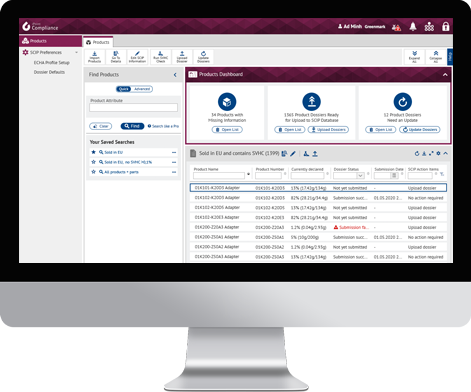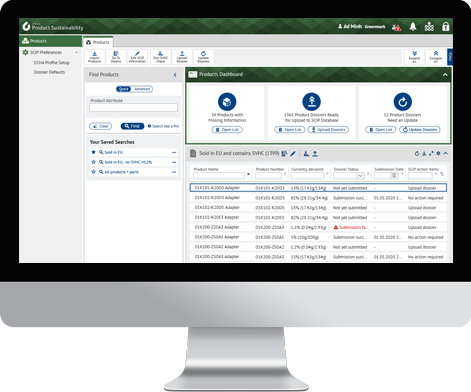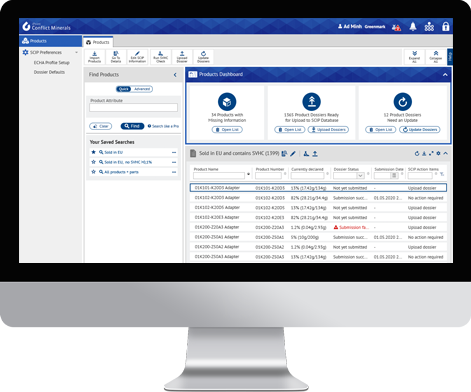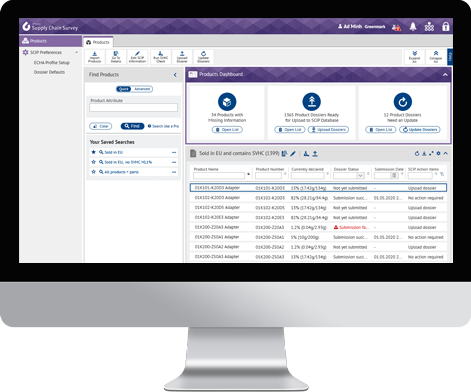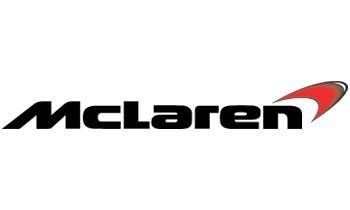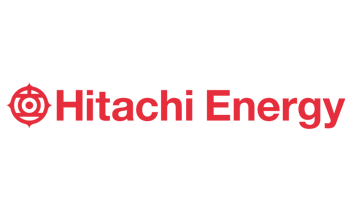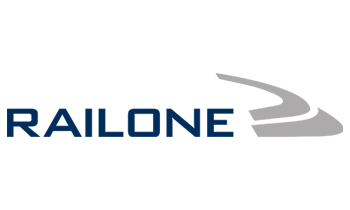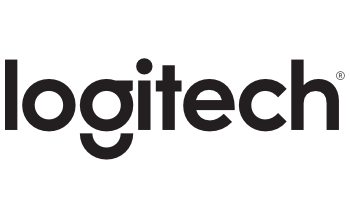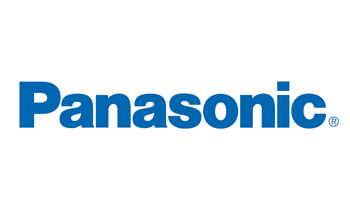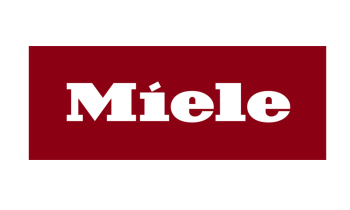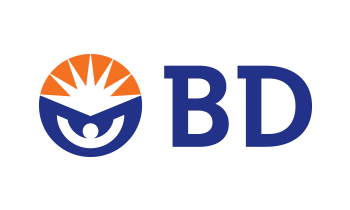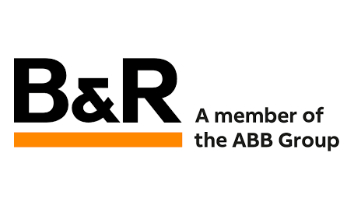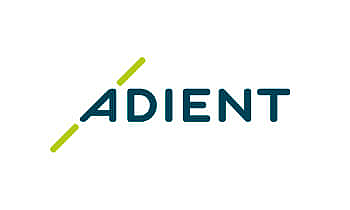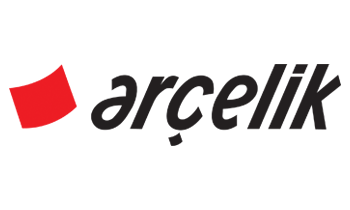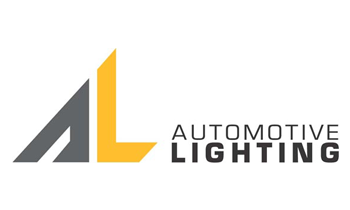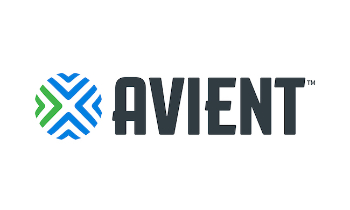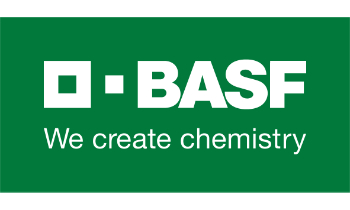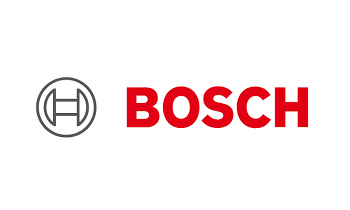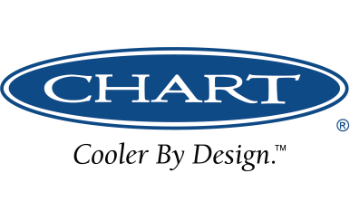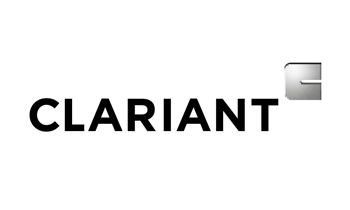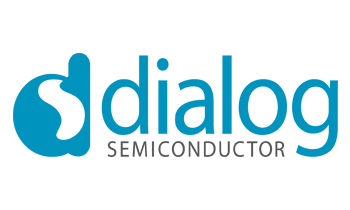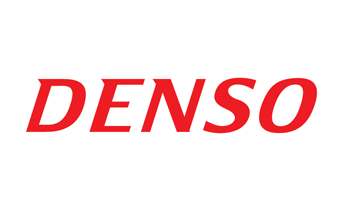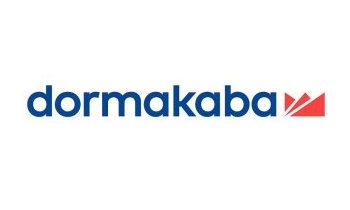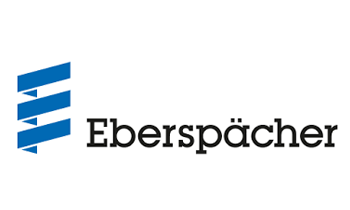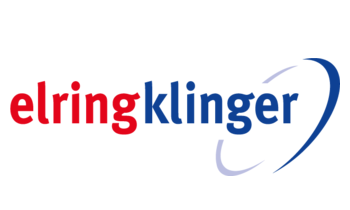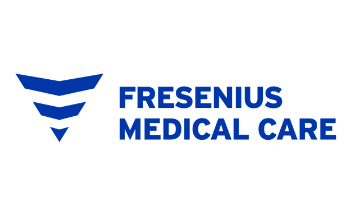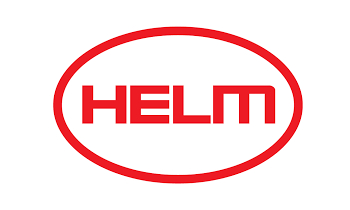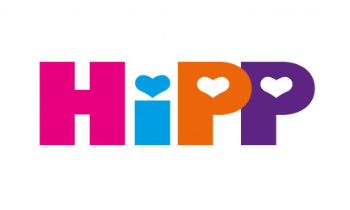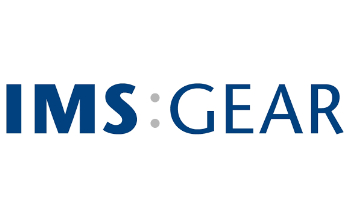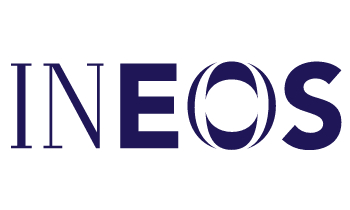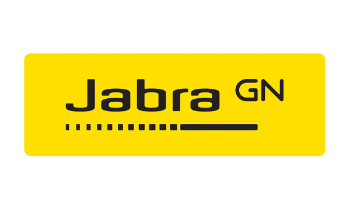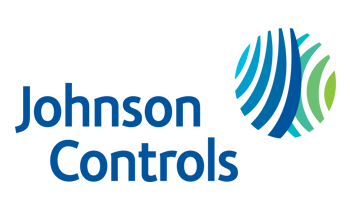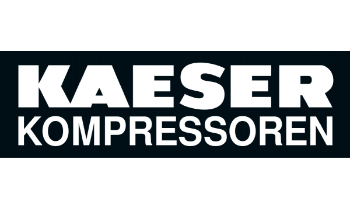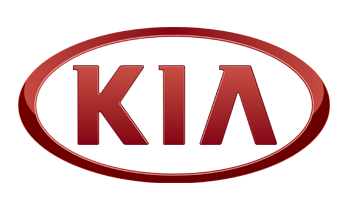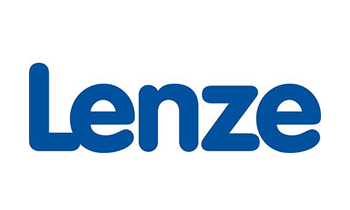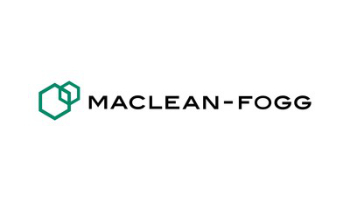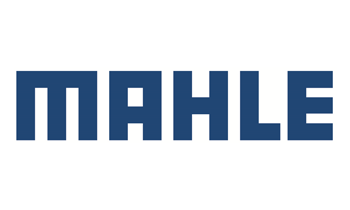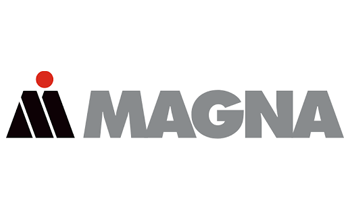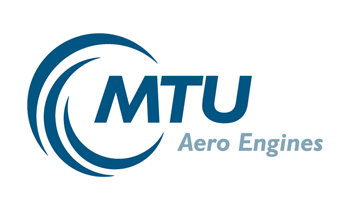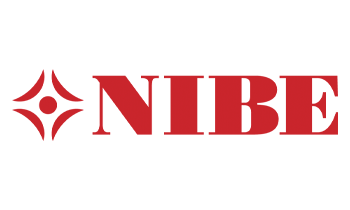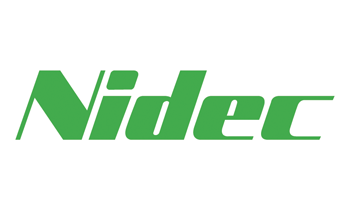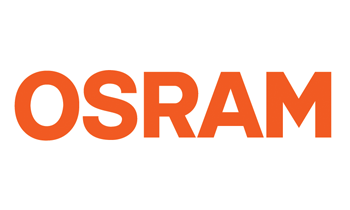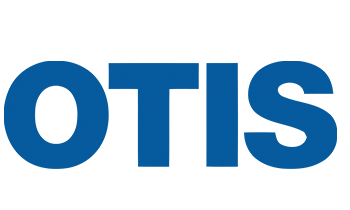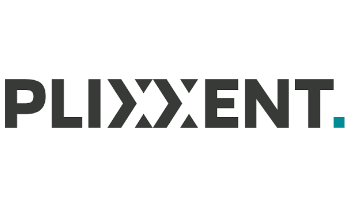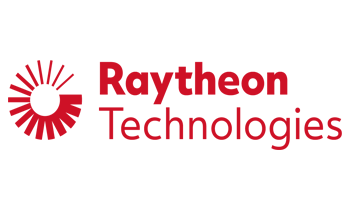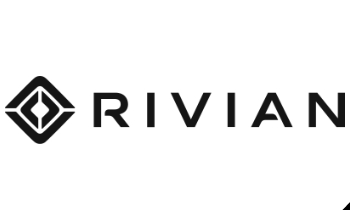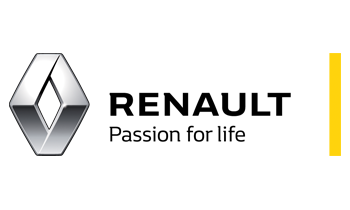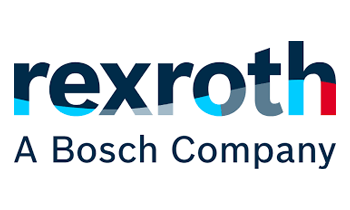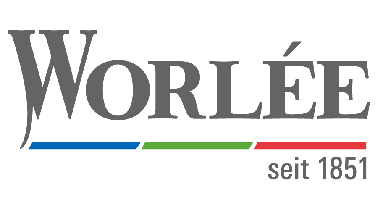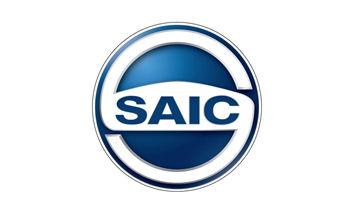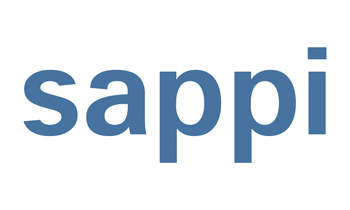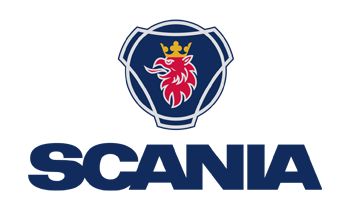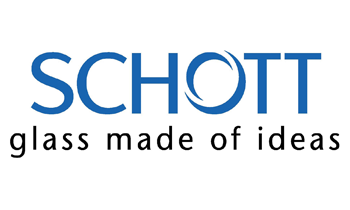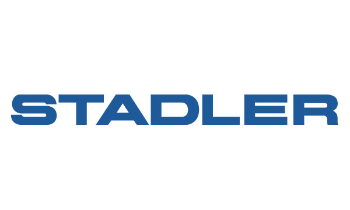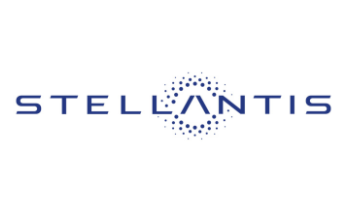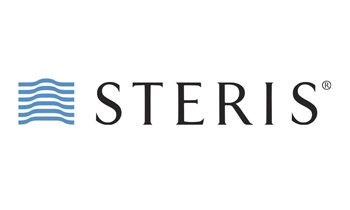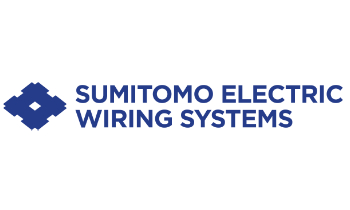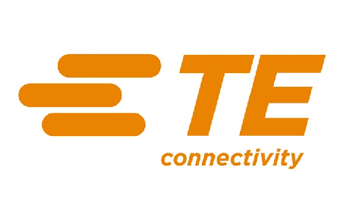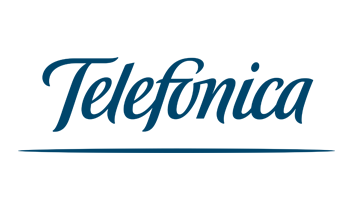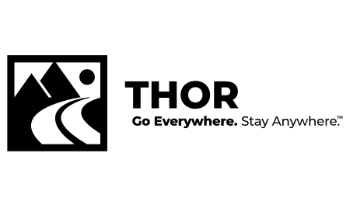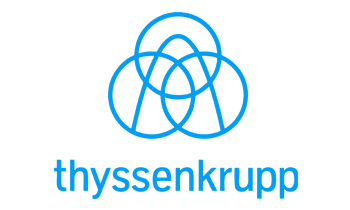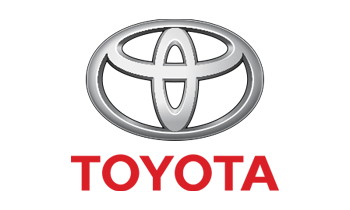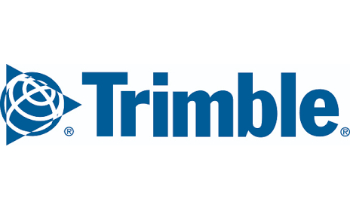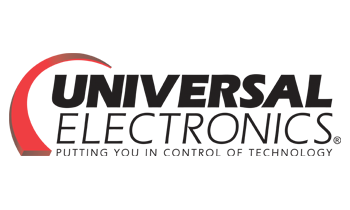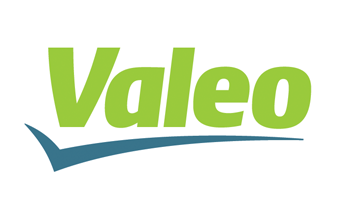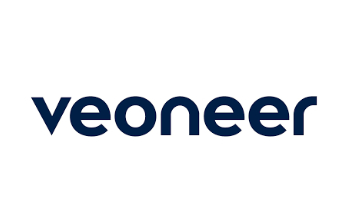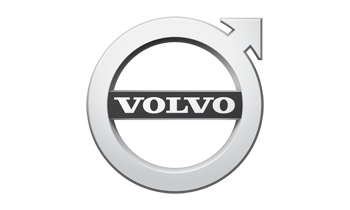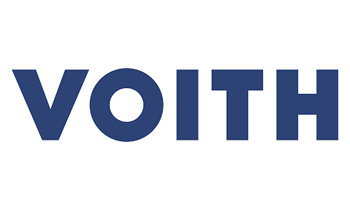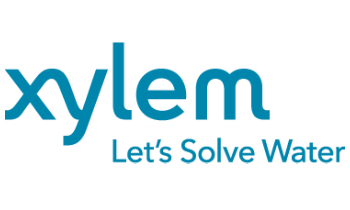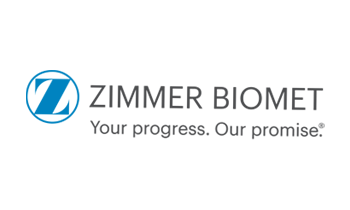The Digital Product Passport Solution
To leverage the momentum towards a circular economy, promoted both by industry and regulators, digital tools for identification, tracing, and co-creation of information on products, components, materials, and substances are needed.
Utilizing the digital product passport approach would enable you to capture environmental and social sustainability data in a standardized, comparable format and enable all actors in the value and supply chain to work together towards a circular economy.
The iPoint Suite continues to add digital product passport building blocks enabling a holistic, "horizontal" approach to collecting, analyzing and reporting product and material data, helping you effectively manage some of the most important aspects of product management:
- Responsible sourcing
- Hazardous substances
- Recycled content
- Product carbon footprint throughout the value chain
- Product performance and durability
- Optimizing product 2nd life and beyond

The strategic role of Digital Product Passports

What is the Battery Passport?
The upcoming EU Battery regulation is an example of a circular economy-driven policy that works hand in hand with industrial innovation and creation of new business models.
Covering electric vehicle and industrial-scale batteries, the requirements proposed will cover responsibly sourced materials, restricted use of hazardous substances, minimum content of recycled materials, carbon footprint disclosure, as well as meeting collection and recycling targets.
The proposed regulation also mentions that ‘‘Battery Passport and interlinked data space will be key for safe data sharing, increasing transparency of the battery market and the traceability of large batteries throughout their life cycle. Furthermore, as one of the four flag-ship deliverables of the Global Battery Alliance, the battery passport is viewed as a ‘‘global solution for securely sharing information and data’’ to prove responsibility and sustainability to consumers with a ‘‘quality seal’’, while enabling resource efficiency across the battery life cycle.
Digital Product Passport applied to EV batteries
A digital product passport, applied to EV batteries, will provide the transparency with regards to practices and impact of a battery throughout its life cycle,– standardization and benchmarking for sustainable and responsible batteries, validation and traceability of information on sourcing, responsible processes, and sustainability across the entire value chain.
Digital Product Passport integration with the iPoint Suite
Carbon Footprint
The iPoint Suite already offers well established solutions for LCA PCF determination. By using the DPP to collect real-world carbon footprint data on a product’s sub-components, a view on the product’s impact can be generated. This will also allow for the assessment of alternatives for the reduction of a product’s impact.
Responsible Sourcing
iPoint Conflict Minerals and iPoint Supply Chain Survey provide a set of tools allowing you to collect information on responsible sourcing throughout the value chain, including the flexibility to adjust to the specific needs of your industry. Features such as supplier identification and risk analysis can be integrated with the DPP.
Hazard-Free Materials
iPoint Compliance provides automated compliance checks on BoM information.
Collection of material composition information across the supply chain results in an up-to-date view on the content of hazardous elements in the product. This enables design phase adjustments to meet hazard-free requirements and limiting factors for recycling
Digital Twin
Integration of the Digital Twin enables the traceability of products, parts and raw materials, and supports identification of risks and points of action, ensuring a unique digital record of each product along its lifecycle. Digital Twin enables supply chain actors to create and jointly manage the digital identity, provenance, and traceability of a product throughout its entire lifecycle. Having shared trusted records of product information secured by the Digital Twin can support risk analysis, identification, and mitigation through highly targeted action
Blockchain integration
Utilization of distributed ledger technology (DLT) for communication of information for the digital product passport ensures traceability and validity of data transported across the value chain. It will also help ensure that only the relevant information is made available to each stakeholder, thus protecting confidentiality.
Increasing Efficiency
Integrating into various ERP, PDM, PLM systems such as SAP and Windchill, industry systems like IMDS utilization of third-party data provider information as well as the automatic assembly of information from various sources allows to increase efficiency and effectiveness by in turn providing relevant and up-to-date information to all stakeholders.

Collect
Analyze
Report
Evolve
Discover the iPoint Suite

iPoint DPP Research and Development
Research and Innovation Projects
Our technical curiosity, creativity, and innovative power make iPoint a highly sought-after partner for renowned R&I projects. With our constant and user-oriented research and innovation activities in numerous national and international projects we take a leading role.


